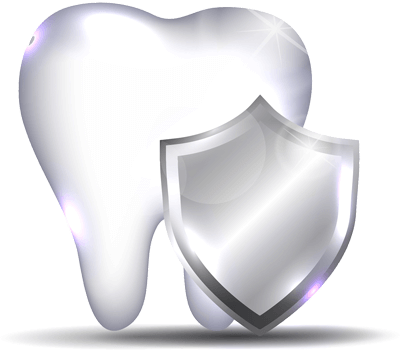Post Operative Care:
Preventive
A thorough cleaning may produce some bleeding and tenderness or discomfort around the gums. If this persists 2-3 days after the cleaning , you may rinse with warm salt water 2-3 times per day. For discomfort you may also give your child Children’s Tylenol, Advil or Motrin as directed for the age and weight of your child.
After most fluoride treatments, patients should not eat or drink for at least 30 minutes to increase the fluoride’s direct contact with the teeth.
After a sealant is placed, your child may feel the coating on their teeth. The feeling subsides within 24 hours. After the sealant appointment your child should refrain from eating and sticky or chewy foods for 24 hours.
Restorative
Following Anesthesia: Monitor your child closely for approximately two hours following the appointment. It is often wise to keep your child on a liquid or soft diet until the anesthetic has worn off. Remind your child to refrain from biting, picking, scratching, sucking, or playing with the numb areas.
Operative Care/Fillings: Some tooth and gum tissue manipulation was necessary to perform the procedure and may result in sensitivity or discomfort. Should this occur, you may give your child Children’s Tylenol, Advil or Motrin as directed for the age and weight of your child. If sensitivity or discomfort continues for more than 24 hours, please contact our office.
Pulp treatment (aka Pulpotomy/Pulpectomy/Baby Root Canals): If your child is experiencing sensitivity after this treatment, you may give your child Children’s Tylenol, Advil or Motrin as directed for the age and weight of your child. If sensitivity or discomfort continues for more than 24 hours, please contact our office.
Extractions: Your child has a tooth extracted or “wiggled out”. The area around the extraction site is numb or asleep from the local anesthetic. Please do not let your child scratch, touch, chew, suck or play with the numb area. Your child should be closely monitored so that he/she does not injure his/her lip, tongue or cheek before the anesthesia wears off. Please remember younger children find the sensation of being numb extremely uncomfortable.
Orthodontic After Care:
Having braces should not cause any major changes in your day to day activities. You can still dine out, sing, play a musical instrument, or have pictures taken. With proper care and maintenance you can maintain your way to a healthier smile.
If you are playing a wind instrument, several companies make mouth guards and lip protectors, although you may or may not need them.
For certain sports it is a good idea to wear a mouth guard. Ask us about recommendations based on your specific needs when you come in for your next appointment.
When making your dining choice, choose softer foods and avoid foods that a particularly hard, chewy, crunchy or sticky. Cut or tear pizza and sandwiches before eating them rather than trying to bite through them. Chopping up items like apples or carrots before eating them is a good idea. When your braces are adjusted, your teeth may be a little more sensitive, so choosing softer food like pasta, soups or a healthy smoothie can be a good choice. Please avoid chewing gum and chewing ice.
Carefully follow all instructions you were given regarding your care at the office. Specific steps may vary depending on the type of braces you have. Be sure to brush thoroughly after any meal or snack . It is important to keep your teeth and braces as clean as possible to avoid issues. Also, rinse with water or mouthwash after brushing. It’s a good idea to carry a travel toothbrush when you will be away from home. Before going to bed a night be sure to brush thoroughly and floss carefully. It may take a little extra time but this is an important step in maintaining your oral hygiene on your way to a better smile and healthier teeth.
After you have properly brushed and flossed, your braces should look clean and shiny, making it easy to see the edges of the braces. Use a soft rounded-bristle toothbrush that is in good condition. Tooth brushes will wear out faster and need to be replaced more often when wearing braces, so be sure to keep some spare toothbrushes on hand. When brushing you should also brush your tongue and rinse thoroughly when done.
Flossing is an important part of good oral hygiene. With braces it may take a little more time and practice, and a floss threader may be helpful to get the floss under the archwire. Make sure you clean along and under the gum lines with floss each night before going to bed.
Finally, dental wax can be very helpful with any areas that are irritating your mouth or gums. This can be especially helpful at night when sleeping when your mouth may get drier than during the day time when you can regularly hydrate.
